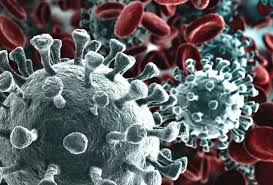IV. YOUTH AND HEALTH

The World Program of Action for Youth (WPAY) calls on governments to ensure that their services meet the needs of young people. In the current conditions, it is especially critical for young people to be identified alongside other collective interests in the development of health and non-health initiatives in response to COVID-19.
Building on the ability of young people to make their own decisions and to take responsibility for their own health is a key element of WPAY. Health education, public health promotion and evidence-based information are critical in the fight against the spread and effects of COVID-19. The role of governments, youth organizations and community groups will be crucial in challenging the spread of disinformation online and ensuring that reliable public health information is disseminated.
Young innovators are already responding to the pandemic through social impact projects. Governments and the corporate sector are working with young people around the globe to implement programs that harness young people 's engagement to improve their neighborhoods. Through voluntary initiatives, many young people have also supported vulnerable members of their communities, for example in the distribution of food and medicines.
Youth-driven innovation hubs around the world are supporting start-ups to develop technological solutions to address COVID-19, as the pandemic is shifting more and more online. Policies that enable partnerships with young people in this area can deliver future economic dividends and provide an opportunity for young people to contribute and show solidarity in a time of crisis.
As the crisis unfolds, there will be a wide range of youth policy responses tailored to specific contexts and needs. Countries should invest in protecting all human rights, going beyond the right to health, in building a more resilient society, including for young people. Policies, those involving coercive measures or subjecting certain persons to high risks, should be evidence-based, proportionate and non-discriminatory. Decisions concerning children under the age of 18 should always be made in the best interests of the child in accordance with the Convention on the Rights of the Child.

